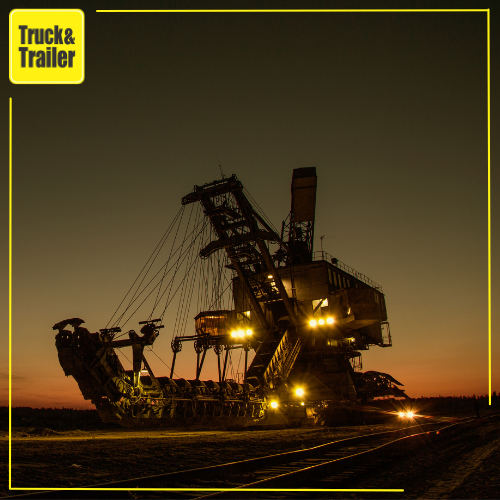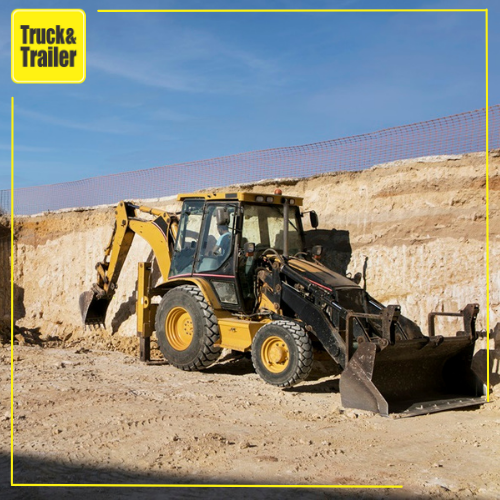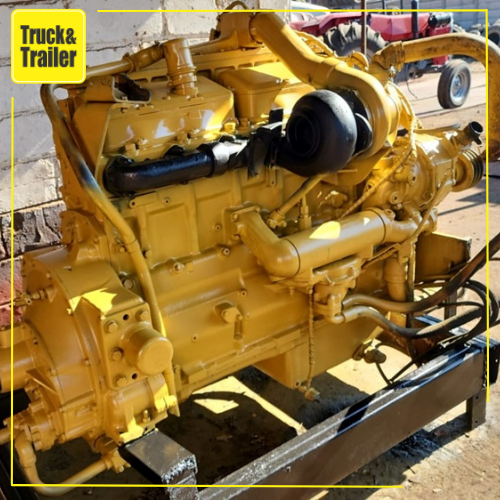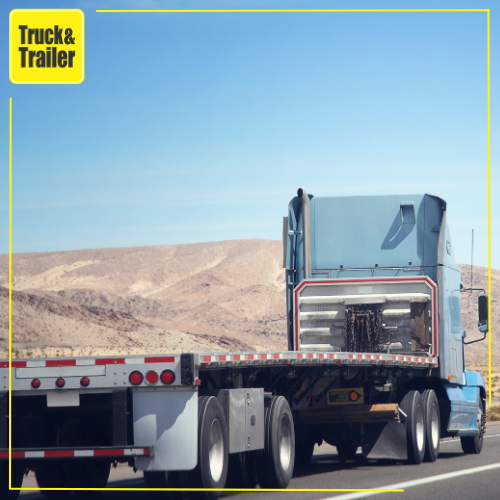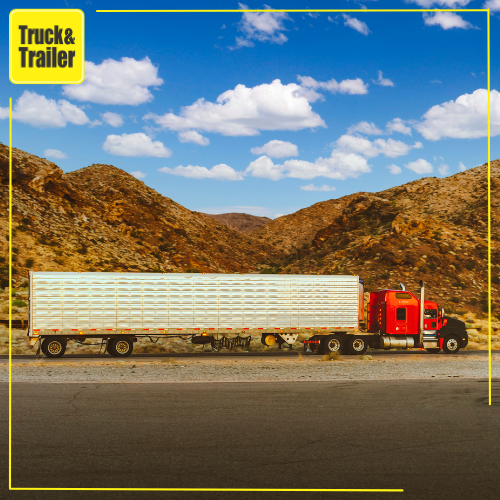When it comes to different types of excavation, materials and the purpose of the task can be used as a classification. The excavation type plays an important role in determining what equipment you need to use. Visit Truck & Trailer to find a range of affordable excavation equipment for sale.
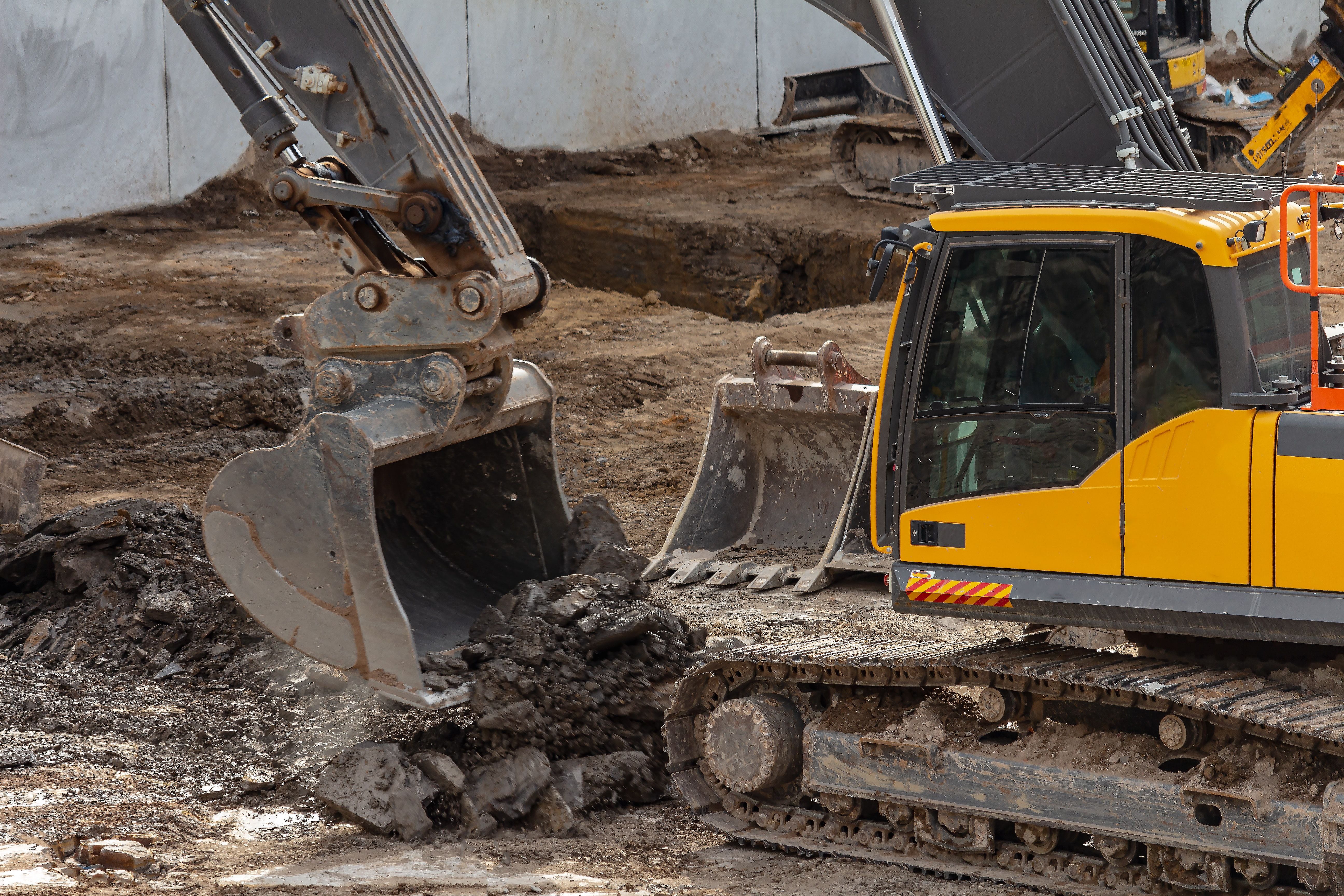
Photo by Abdul Zreika on Unsplash
1. Topsoil excavation
Topsoil excavation involves the removal of the surface layer of soil. This soil has a higher moisture content than the lower levels and it supports the growth of vegetation. Once this layer has been removed, the layer underneath it loses moisture and is easier to work with. The topsoil is typically kept aside on site so that it can be used for landscaping later.
2. Rock excavation
Rocky surfaces hinder construction projects, which means that excavation is required. When it comes to types of excavation, this is a challenging one as it requires specialised equipment. Drilling may be required for tough surfaces. Blasting is another technique that is used in rock excavation.
3. Muck excavation
When soil mixes with water, it can cause problems on construction sites. Muck needs to be removed as its instability makes it unsuitable for building. The muck can also be spread out so that it can dry, or the soil characteristics can be altered. Adding other materials is another strategy that is used to decrease the moisture content of muck.
4. Earth excavation
When the layer of soil that’s located underneath the topsoil is removed, this is referred to as earth excavation. Once this soil is removed, it can be used to build embankments or drainage ditches. It’s also suitable for making foundations. Scrapers are a type of equipment that can be used to move earth. When you own the right equipment, this is a relatively easy process.
5. Underground excavation
The name says it all. Specialised tools and equipment are needed to get the job done. While all excavation requires adherence to safety protocols, underground excavation makes additional precaution necessary. Shafts or tunnels are excavated during the construction of roadways or subways. They’re also common when canals or sewage are being built.
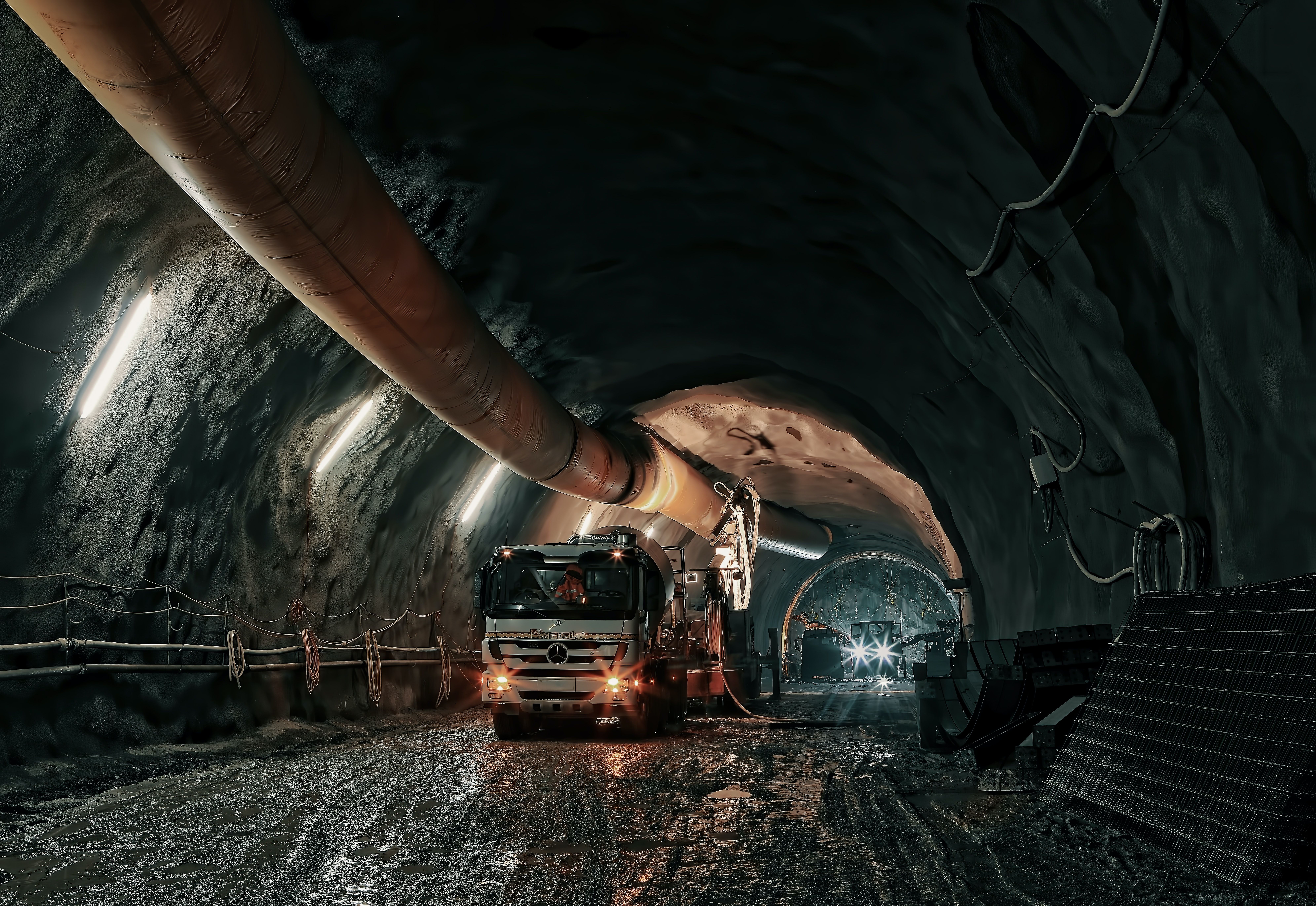
Photo by Ricardo Gomez Angel on Unsplash
6. Stripping
Stripping is used to clear big areas of materials prior to the commencement of construction projects. This type of excavation is used to remove a range of materials, including topsoil, sand, and gravel. Wide and shallow sections of materials are usually cleared during this process. Grading may be necessary.
7. Drainage
Drainage is used to remove water from sections of land. During the excavation process, ditches or trenches may be created. Materials also need to be excavated when storm drains are built. Pipes are installed underneath roadways for this purpose. Infrastructure and agriculture are protected from damage by proper drainage excavation. The material that is cleared during this process usually needs to be removed as it’s not workable.
8. Dredge
Sediment deposits can collect in waterways resulting in blockages. In these cases, dredging is used to clear waterways so that boats can pass through them. This type of excavation occurs underwater.
9. Footings
When it comes to the different types of excavation, footing requires more accuracy. Footings refer to the foundation structures that are used to ensure buildings are stable. The site needs to be graded before excavation takes place. Hard work and specialised equipment are typically required to complete the process.
10. Borrow excavation
When materials are obtained from outside the building site, it’s referred to as borrow excavation. This material is used for embankments and fills. Borrow excavation normally only takes place once it has been established that the required material cannot be obtained from the building site itself.
11. Unclassified excavation
When it’s hard to determine what type of materials are being removed, it’s considered to be an unclassified excavation. Likewise, a blend of different materials can also be referred to as unclassified. What this means for excavation is that it must be carried out without considering the type of material or its moisture level.
Now that you know more about the different types of excavation, you can determine which method is best suited for your construction site. Looking for affordable excavation equipment? Find a range of specialised machines for sale on Truck & Trailer.
